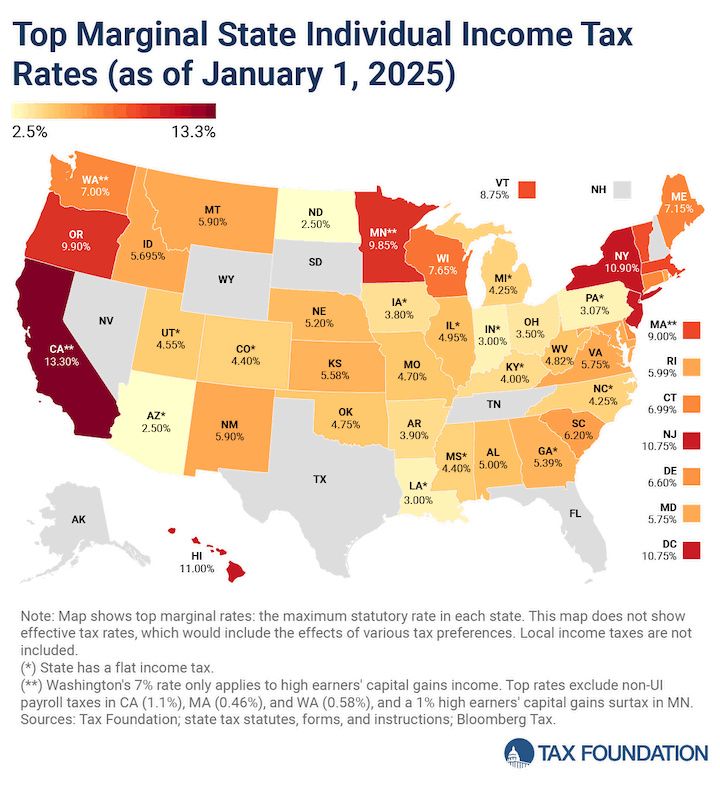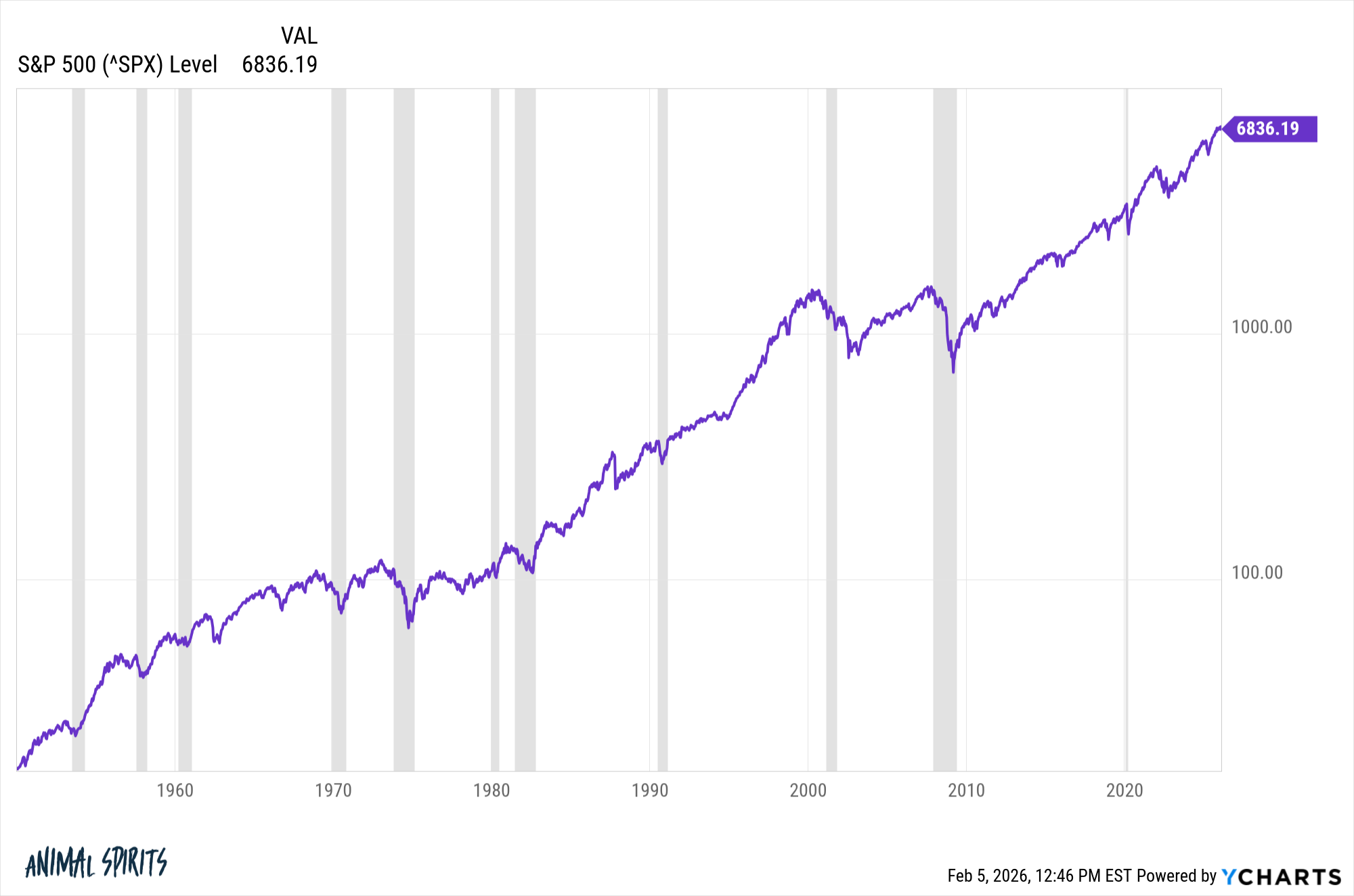I was reading the thought piece Finance is other people when I came across an intriguing finance nugget:
Suppose you think that bitcoin will, like gold, have enduring appeal. During the reign of the Babylonian king Nebuchadnezzar, an ounce of gold purchased 350 loaves of bread according to Erb and Harvey (2013). Here we are 2,700 years later, and an ounce of gold will still get you around 350 loaves of bread. On the one hand, that’s an amazing record of retaining value.
On the other, that’s a zero percent real return! If gold had merely beaten inflation by 30 basis points a year, an ounce of gold would get you a million loaves of bread today, instead of 350.
This claim was so specific, I had to dig further. So I looked up the paper by Erb and Harvey from 2013 called The Golden Dilemma. The only reference to Nebuchadnezzar was in a footnote:
Harmston (1998) mentions that in 562 B.C., during the reign of the Babylonian king Nebuchadnezzar, an ounce of gold purchased 350 loaves of bread.
At the recent price of $1,600 an ounce, an ounce of gold could buy 350 loaves of bread priced at $4.57 a loaf.
This led to Gold as a Store of Value, published in November 1998 as a “research study” for the World Gold Council which states:
It is said that an ounce of gold bought 350 loaves of bread in the time of Nebuchadnezzar, king of Babylon, who died in 562 BC. The same ounce of gold still buys approximately 350 loaves of bread today. Across 2,500 years gold has in other words retained its purchasing power, relative to bread at least, and has had a real rate of return of zero.
In the end, I could not find a single piece of historical evidence support this claim. Just a lot of people repeating each other. Feels like a true factoid – an “assumption or speculation that is reported and repeated so often that it becomes accepted as fact”.
Like “Humans only use 10% of their brains”.
Obviously, gold has been a store of value for a very long time, but how much money do you really want to commit to something that will end up with a zero return above inflation? Not to mention it is so volatile that it’s not a good short-term store of value. Nobody saves up for their house downpayment with gold coins.
So what’s the point of gold? I still fall back on a scenario where you want to flee quickly as society collapses around you and you want enough assets to start over somewhere else.
Imagine you lived in Ukraine. It’s a form of “insurance” you can hold in your hand, and feel a bit more secure in this crazy world. I don’t think it’s completely irrational to put aside a small bit of your net worth into it. Such happy thoughts are echoed in the study:
Gold has not necessarily held its value in terms of purchasing power in times of war.
This is partly because at such times the prices of other commodities, more immediately useful for the war effort, have tended to rise faster. However, gold’s liquidity, acceptability and portability are qualities that have been particularly important in times of crises such as occupation by a foreign power or collapse in a monetary system. At such times, these qualities may well be more important than gold’s rate of exchange with paper money. Given this, and gold’s role as a wealth preserver in some of the darkest periods of the twentieth century, gold has proved to be a haven on numerous occasions and in different places.
Photo by Tommaso Urli on Unsplash
Disclaimer: This story is auto-aggregated by a computer program and has not been created or edited by finopulse.
Publisher: Source link








